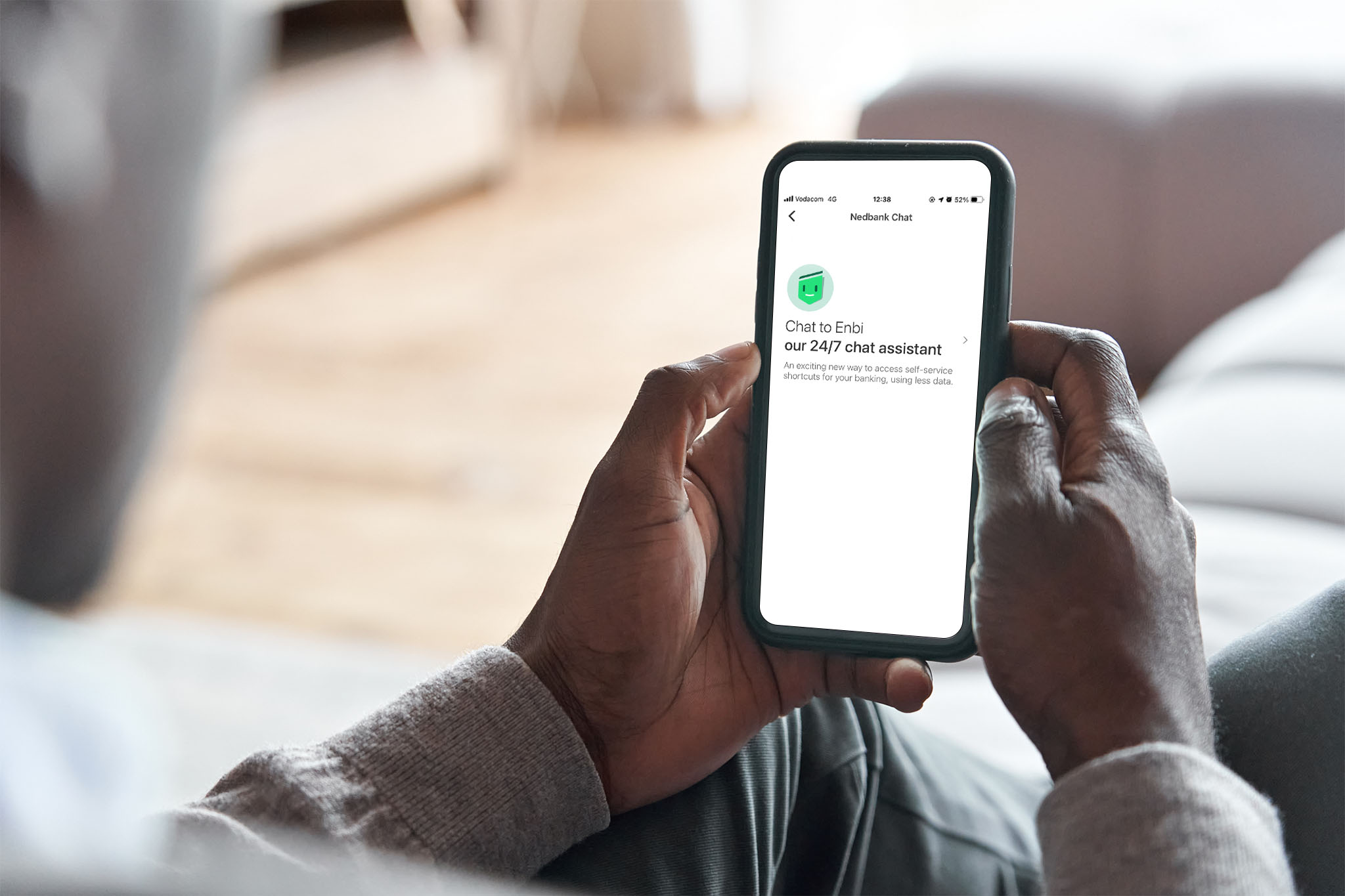Getting your first real salary at your first job is an exciting, memorable moment. But it can also be shocking – especially when you open your first payslip and see all the deductions. It often comes as a surprise to first-time employees that money is deducted from your salary before it even hits your bank account.
Tax of at least 18% and a pension or retirement annuity contribution of around 15% can account for a third of your salary on their own. Add to this your housing costs, which could easily make up another 30%, and suddenly adulthood doesn’t look like much fun. But it can be, if you learn stress-free money management.
Here are 4 habits that you can adopt early to remove financial stress:
1. Understand your fixed monthly expenses
Financial obligations like the monthly deductions from your salary are a painful but necessary part of life. You can’t ignore these responsibilities, so you might as well embrace them. The advantage of fixed monthly expenses is that they’re anticipated, so you can at least plan for them. It’s the unexpected expenses that cause havoc if you’re not careful.
Drawing up a household budget helps you identify what your fixed monthly expenses are. These include rent, groceries, water and electricity, credit card payments, cellphone and internet contracts, plus entertainment subscriptions, if you have them.
Listing each of these items in your budget helps you to see which are essential, and which you can do without should that become necessary. Obviously, you also need to make sure you’re spending only as much as you’ve planned in your budget, because if you don’t, you’ll have to cut back on other items.
2. Build an emergency fund
The excitement of getting your first salary shouldn’t override the importance of planning for the future. Unfortunately, we never know what the future holds, so the best way to plan for that uncertainty is to put aside some money in case you need it.
You can set your own rules for what counts as an emergency and when it makes sense to draw from your savings. But remember, a frivolous decision today could cost your dearly in the future, so use this money wisely.
A general rule of thumb is to save enough to cover 6 months’ worth of expenses. Building an emergency fund of this size takes willpower and commitment, but it’s also your ultimate defence against disaster.
3. Insure what matters
Insurance is a financial tool that you should learn to use from your first day on the job. Some people see this as a grudge purchase because they don’t see the sense of paying every month ‘just in case’ something happens in the future. But insurance does make sense, because it protects you against the unknown.
Your first salary is the ideal time to stamp your authority on your finances
Proper insurance cover can help you avoid a huge financial knock – which in turn could protect your investments and retirement savings from harm. Desperate families often raid their life savings when they can’t see any other way out of a sticky financial situation. This mistake can decrease the growth of your long-term investments significantly – something that can be avoided if you have the right insurance cover.
When deciding what you need to insure, consider what poses the biggest threat to your livelihood. If you own a car and need it to get to work and back, it makes sense to protect it against loss or damage. If you work from home, then maybe your household security and the equipment you need for work become a higher priority.
It’s also worth investigating other forms of insurance that protect you against loss. Like income protection insurance to cover you if you lose your job, or life insurance that can also cover you against disability or dread disease. While you hope you never have to claim against these insurance policies, you’ll thank yourself for your foresight if the worst does come to pass.
4. Enjoy your disposable income
One responsibility you should remember is to take care of yourself. You have every right to spoil yourself with the money that’s left after you’ve paid all your bills and household expenses. How you choose to reward yourself is up to you, but this is also the right moment to start making smart money choices.
So, do you play the patient game and save for that overseas holiday or stylish furniture that makes your home a haven? Or do you splurge on your credit card at the first available opportunity?
Building good money habits is hard, so your first salary is the ideal time to stamp your authority on your finances. Making some tough decisions on how you manage your money now will only be to your advantage later in life.
Making sure your monthly expenses are paid on time every month, to help you stick to your budget, is easy if you set up regular monthly payments using the Bill Payments feature on the Nedbank Money app or Online Banking, so your bills are paid the day after your salary is deposited into your account. You’ll need a Nedbank transactional account to do this.
Get digitally active and win the trip of a lifetime!
Nedbank is giving away 3 fantastic travel vouchers worth R60,000 each! All you need do to stand a chance of winning a dream vacation is make a transaction on 1 of our digital banking channels – the Money app, Online Banking or Cellphone Banking*120*001#.
Terms and conditions apply.








